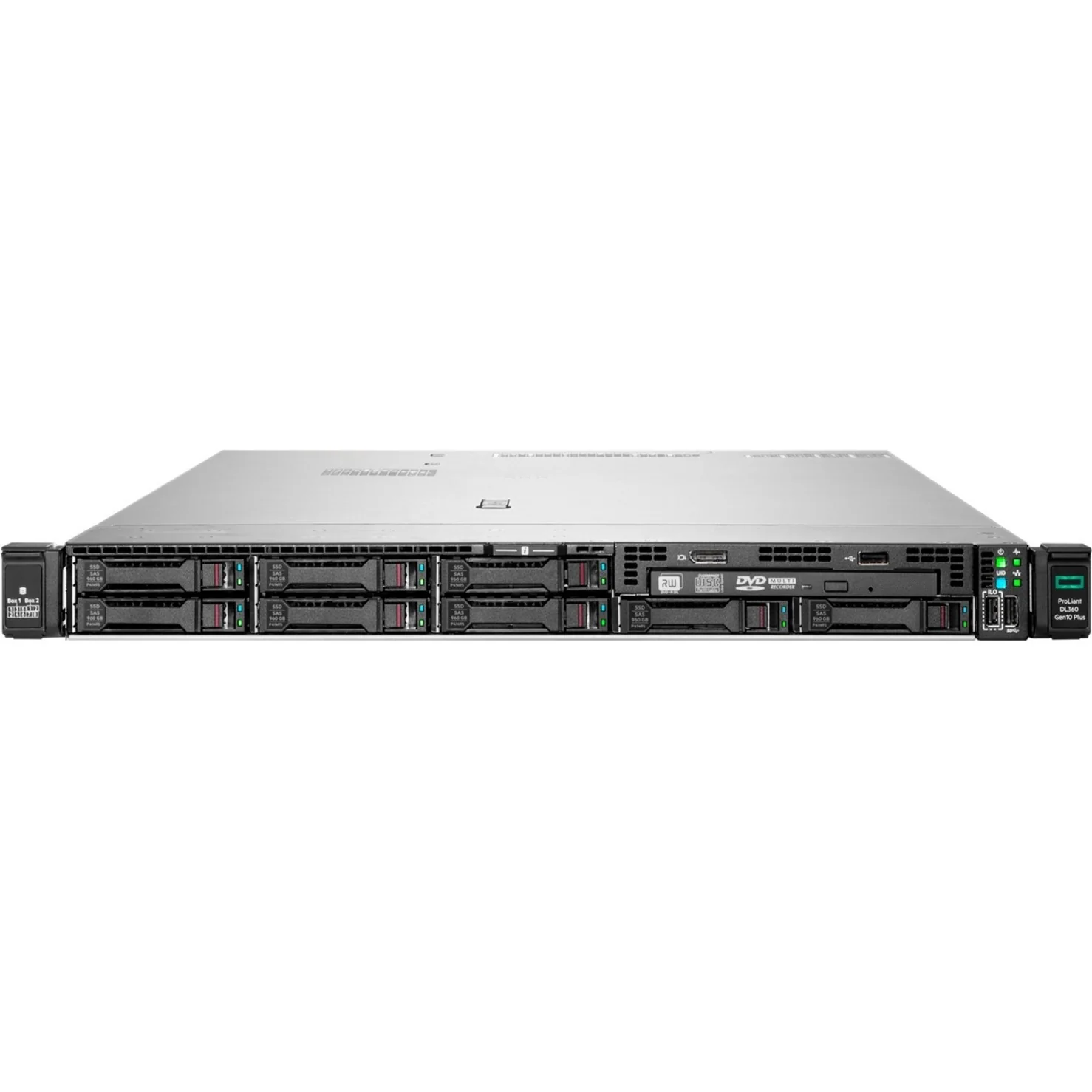harde schijf betrouwbaarheid
De betrouwbaarheid van harde schijven vormt een cruciaal aspect van opslagtechnologie en omvat diverse factoren die de levensduur en betrouwbaarheid van opslagapparaten bepalen. Moderne harde schijven bevatten geavanceerde foutdetectie- en correctiemechanismen, evenals geavanceerde firmware die continu de schijfgezondheid en prestaties meet. Deze systemen werken samen om de data-integriteit te garanderen en het risico op gegevensverlies te minimaliseren. De technologie omvat functies zoals Self-Monitoring, Analysis and Reporting Technology (SMART), die vroege waarschuwingssignalen geeft bij mogelijke schijfstoringen. Daarnaast gebruiken moderne harde schijven beschermende maatregelen tegen fysieke schokken, temperatuurschommelingen en magnetische interferentie. De betrouwbaarheid van harde schijven wordt gemeten aan de hand van verschillende belangrijke kengetallen, waaronder Mean Time Between Failures (MTBF), jaarlijks falingspercentage en foutpercentages. Harde schijven voor bedrijfsgebruik bieden doorgaans verbeterde betrouwbaarheidsfuncties, zoals rotatievibratiesensoren en robuustere componenten, waardoor ze geschikt zijn voor veeleisende 24/7-operaties in datacenters en kritieke zakelijke toepassingen. De toepassing van geavanceerde productieprocessen en kwaliteitscontroles heeft de betrouwbaarheid van harde schijven aanzienlijk verbeterd door de jaren heen, wat heeft geleid tot robuustere en betrouwbaardere opslagoplossingen voor zowel persoonlijk als professioneel gebruik.


